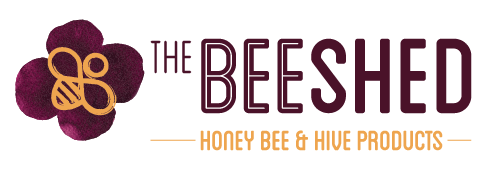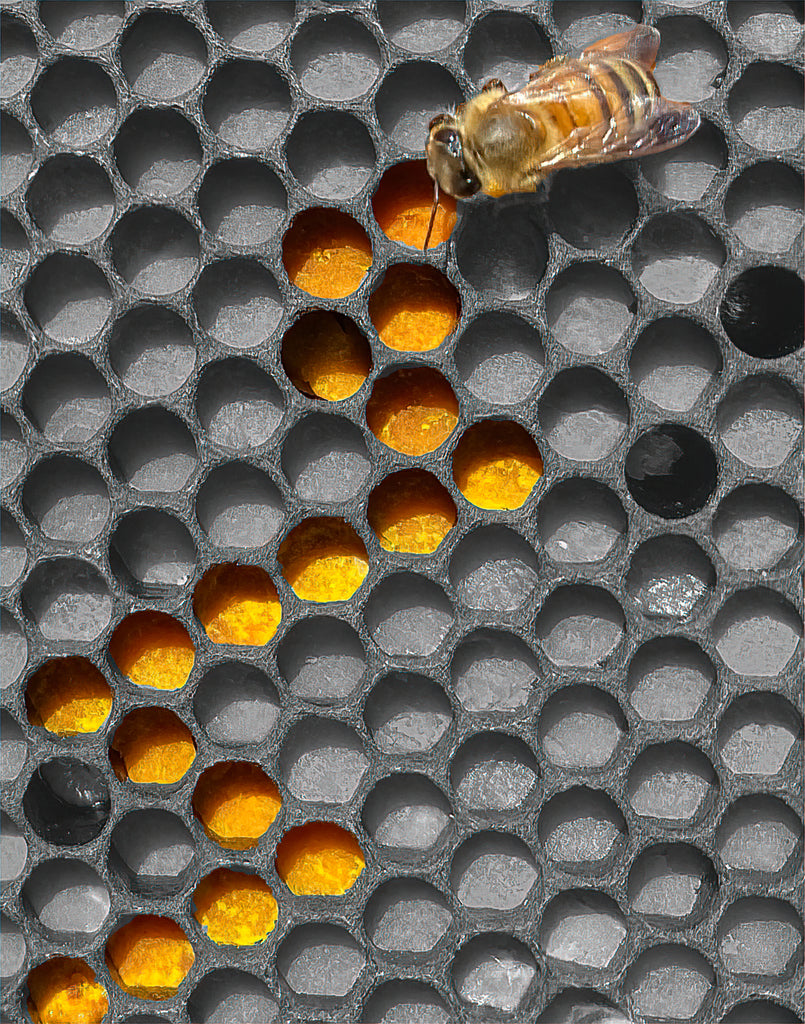As someone who has advocated for replacement of the Great American Lawn and runs a beekeeping business, I appreciate the sentiment behind the No Mow May (NMM) initiative. But over time it has become clear that it doesn’t go far enough, being little more than a butterfly bandage on a growing environmental wound. It is time to up our game to “No Spray Any Day”.
The original No Mow May is an initiative that advocates for not cutting your lawn in the month of May so that early-season pollinator food - commonly referred to as “weeds” - can be available. As a gambit to raise awareness of pollinator support, No Mow May has been modestly successful. Cities are adjusting ordinances to be more friendly to the messy lawn. Neighbors are squabbling over mow-vs-no-mow, so we know they’re at least talking about the issue. And, of course, pollinators can find some additional bits of nutrition in May.
Along with nutrition, however, pollinators are finding growing levels of herbicides, insecticides, and fungicides that have drifted from neighboring properties. The impact of these “cides” is clear.
The chemicals have become so pervasive in the landscape that they are embedded in the milkweed seeds, in venison from Minnesota deer, and in even in our water supply. Research now shows that the honeybee lifespan has been reduced by 50% since the 1970s. Given our proclivity to over-use chemicals in our landscaping efforts, this is not only a farming issue. This is a widespread issue in urban landscapes across the country that has real life impacts on human health.
All of which points to the REAL problem with No Mow May. It is a short-term, feel-good, non-binding commitment that ignores the reality of an invisible but very real web of chemicals that threads throughout the pollinators’ food supply. If we want to help pollinator health AND human health, No Mow May should become “No Spray Any Day”.
Here’s why: because pollinators’ food chain is OUR food chain. Consider pollinators as the canaries in our food supply-chain coal mine, and what happens to them will eventually happen (or, more likely, is already happening) to us. Pretending the chemical web ends with insects is fantasy. The evidence is clear that trace amounts of chemicals are moving up into birds, mammals, your back yard garden, and our broader food supply chain. Is this connected to the rising rates of autism spectrum disorder diagnoses, neurological disorders, and cancer diagnoses?
Elevating to a “No Spray Any Day” means you can walk through your neighborhood and not smell the chemical drift from trees being sprayed. It means picking imperfect vegetables from the garden. It means seeing evidence of bugs chowing on the shrubbery and landscaping.
Now THAT is something we can live with.
(Photo credit Chris Schad. Image editing credit Fox & Swan Arts)

